Democratic Republic Of Congo
The National Commission of Human Rights of the Democratic Republic of the Congo (CNDH) in a report at the capital Kinshasa disclosed that the deadly violence that rocked Kinshasa on September were shared between the public authorities and the organizers.
On September 19 and 20th, riots erupted in Kinshasa during a demonstration for the opposition party leader, Etienne Tshisekedi, the main opponent in the DRC.
In a report published on Wednesday, the Congolese CNDH indicates that there was an “effective violation of human rights and violations of the fundamental rights of citizens”.
The group said there were some unidentified elements of the “police use of force” on demonstrators” and the “organisers” of the event.
According to the report, 46 people were killed in the violence, a number which differs from the 53 deaths (49 civilians and 4 policemen) given by the United Nations.
According to the CNDH, the bullets were fired by either “unidentified police officer” or by “demonstrators who had gained access to a stolen weapon” in police stations.
The Global Centre for Responsibility to Project had warned that there is an increasing risk of deadly political violence as a result of tensions surrounding postponed presidential elections in the Democratic Republic of the Congo (DRC).
On September 19, more than 50 civilians were killed during demonstrations and several political opposition offices were burnt down in Kinshasa.
On October 21, the UN Joint Human Rights Office in the DRC reported that during the protests police and armed forces used “excessive, lethal force” and were responsible for 48 of the resulting deaths.
President Joseph Kabila’s term is constitutionally mandated to end in 2016, but the government lacks the capacity to complete voter registration and hold the required elections. On 1 September a national dialogue was launched to ensure a peaceful political process, but most opposition groups refused to participate.
Following the September violence the DRC’s election commission announced a new timetable, indicating local and legislative elections would be held during 2017 while the presidential election would be postponed until 2018.






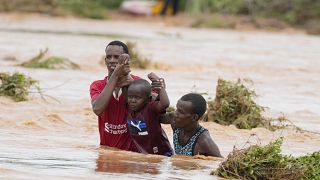
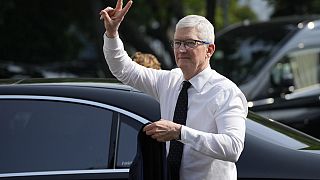
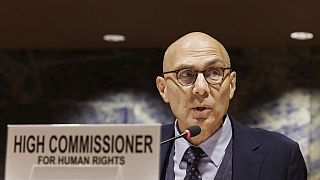
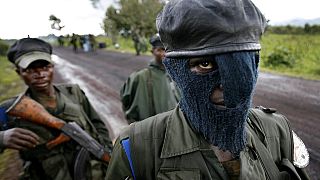
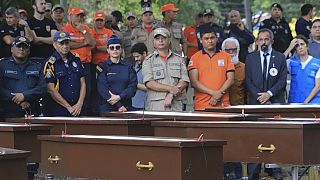
01:38
Sexual violence in conflict increased by 50% in 2023, says UN
01:09
BNP Paribas faces lawsuit over alleged role in sudanese genocide
01:55
Two armed groups in the DR Congo pledge to better protect civilians
01:06
Liberia: French court hands former rebel leader 30-year prison sentence
01:55
Death of young Guinean shines spotlight on conditions at Italy's migrant detention centres
Go to video
Sudan: RSF commit ethnic killings in Darfur, UN says